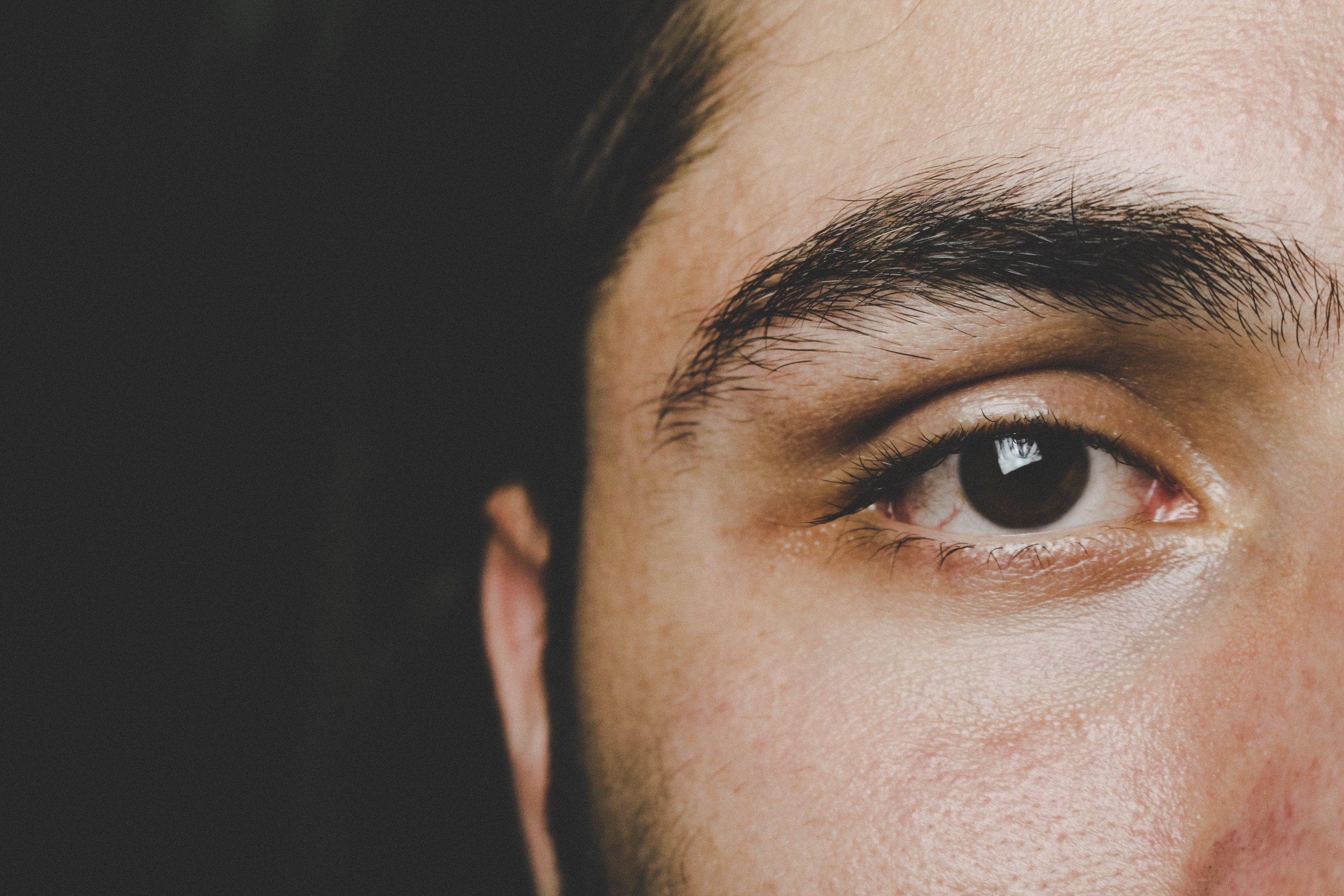Have you ever found it more difficult to go to an AA meeting? Have you ever found it more difficult to go to the gym, or stick to a diet, or do anything else that you know is good for you?
So have I. In fact, I am going through one of those times right now.
I have an internal messaging machine that says “I don’t wanna”. It goes off any time I have to go to the dentist, or take my dog out for a walk when it is raining, or put on a suit and a tie.
-----
Usually I don’t have that experience when it comes to going to AA meetings. I normally run to meetings. But right now, my energy is lower, I am kind of cranky, and I think “I don’t wanna go to a meeting”.
I should mention that I have this experience once in a while. Maybe it is the change of seasons, it is getting dark a little bit earlier in the evening, and there is less sunshine.
Whatever the reason, I feel an inner heaviness right now. Work seems more difficult, exercise seems more difficult, going to meetings seems more difficult.
It feels like gravity is 1.3x stronger right now than it normally is.
-----
So what am I going to do about it?
I mentioned in the last section that I have this experience sometimes. Periodically I have an internal heaviness. What I do about it is that I ignore the messaging. I ignore the things that I tell myself, especially the negative stuff.
I put one foot in front of the other. Literally.
I map out my day, with a list of tasks that I am going to accomplish. Then I do those tasks.
I remember what I have heard so many times in meetings: “This too shall pass”. I know from experience that my inner darkness is a temporary things. It is just visiting, and it will get bored and go away.
Until then, I am going to a meeting tomorrow morning. I am going to exercise right after the meeting. Then I am going to take my dog to the park.
I will do the same thing the next day, too.
Rinse, lather, repeat.
Whether I want to or not.
Because I will be a lot happier if I do.
With Love,
The Recovering Urchin
P.S. Do you like The Recovering Urchin? Let me know at therecoveringurchin@gmail.com. Please tell your friends, and remember to sign up for my e-mail list so that I can deliver this content straight to your inbox.
Sign up for our newsletter
-
April 2019
- Apr 5, 2019 I Think My Spouse Has A Drinking Problem Apr 5, 2019
-
December 2018
- Dec 13, 2018 The Ant and the Grasshopper Dec 13, 2018
- Dec 3, 2018 Where I Go For Hope Dec 3, 2018
-
November 2018
- Nov 23, 2018 This I Believe Nov 23, 2018
- Nov 12, 2018 Guest post: Grace, compassion and the stink of the soul -- part one Nov 12, 2018
- Nov 7, 2018 The Importance of Home Groups Nov 7, 2018
- Nov 5, 2018 The Law of Averages Nov 5, 2018
- Nov 1, 2018 Guest post: A List Of Stupid Things That Mess Up Recovery Nov 1, 2018
-
October 2018
- Oct 29, 2018 Guest post: Grace within Oct 29, 2018
- Oct 28, 2018 Guest post: My ugly, unvarnished truth Oct 28, 2018
- Oct 27, 2018 Staying Sober in Dark Times Oct 27, 2018
- Oct 24, 2018 I Am Responsible Oct 24, 2018
- Oct 23, 2018 The Opioid Epidemic Oct 23, 2018
- Oct 21, 2018 The Challenge of Being an Introvert in Alcoholics Anonymous Oct 21, 2018
- Oct 20, 2018 Physical Pain And Spiritual Pain Oct 20, 2018
- Oct 18, 2018 My 38th Street Bridge Blackout Oct 18, 2018
- Oct 10, 2018 Who are you? Oct 10, 2018
- Oct 9, 2018 Guest post: Zen Spot #155 — Mindfulness, meditation and letting sleeping dogs lie Oct 9, 2018
- Oct 8, 2018 The Taping Pit Oct 8, 2018
- Oct 7, 2018 The Lou Gehrig of Recovery Oct 7, 2018
- Oct 6, 2018 Guest post: Zen Spot #161 — Mindfulness, meditation, the Beastie Boys, potato salad, the number 12 and a phone call from a Buddhist monk Oct 6, 2018
- Oct 6, 2018 The Cathedral of Chartres Oct 6, 2018
- Oct 5, 2018 Guest post: Addiction and spirituality Oct 5, 2018
- Oct 4, 2018 Meetings When I Travel Oct 4, 2018
- Oct 3, 2018 Why Discipline Matters Oct 3, 2018
- Oct 2, 2018 Meditations on Anonymity Oct 2, 2018
- Oct 1, 2018 Guest post: Zen Spot #36 — Mindfulness, meditation, autopilot and the internal gyroscope Oct 1, 2018
- Oct 1, 2018 This Is Our Plague Oct 1, 2018
-
September 2018
- Sep 29, 2018 Guest post: Zen Spot #143— Mindfulness, meditation and the intersection of Broad and Vine Sep 29, 2018
- Sep 29, 2018 Seven Things My Sponsor Suggested Sep 29, 2018
- Sep 27, 2018 Guest post: The Opioid Crisis—Personal Responsibility, Choice, and the Law Sep 27, 2018
- Sep 24, 2018 Page 87 Sep 24, 2018
- Sep 20, 2018 Humility Sep 20, 2018
- Sep 17, 2018 Honesty Sep 17, 2018
- Sep 10, 2018 The Purity of the Message Sep 10, 2018
- Sep 3, 2018 Recovery Resources Sep 3, 2018
-
August 2018
- Aug 28, 2018 What’s The Problem?! Aug 28, 2018
- Aug 17, 2018 Roll Call Aug 17, 2018
- Aug 17, 2018 I Don’t Know Aug 17, 2018
- Aug 17, 2018 I Need Help Aug 17, 2018
- Aug 17, 2018 I Was Wrong Aug 17, 2018
-
July 2018
- Jul 8, 2018 Welcome to The Recovering Urchin! Jul 8, 2018
- Jul 8, 2018 The Most Important Thing Jul 8, 2018
- Jul 7, 2018 Role Models Jul 7, 2018











